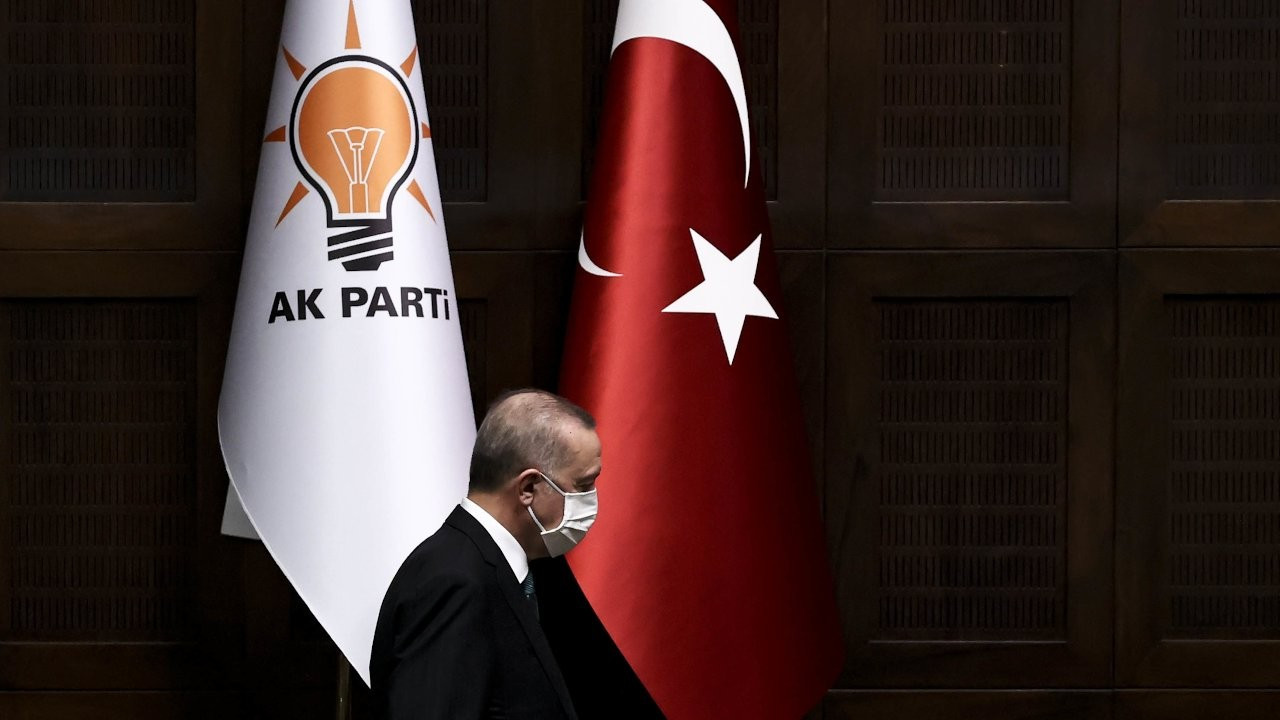Real estate sales to foreigners increased by over 400 pct in April
In April, more than 4,000 foreigners, primarily from Iran, Iraq, Russia, and Afghanistan, purchased homes in Turkey, according to data released by the Turkish Statistical Institute (TÜİK).
K. Murat Yıldız / Duvar English
Real estate sales to foreigners have increased by over 400 percent in April, the Turkish Statistical Institute (TÜİK) data showed.
According to TÜİK's April data, foreign housing sales increased by 416.1 percent year to year, reaching 4,077 during the same period. Total house sales in the country increased by 124 percent.
In the January-April period, 358,913 houses were sold, compared to 383,821 in the same period the previous year.
Housing sales to foreigners in the January-April period increased by 19 percent compared to the same period in 2020, landing at 13,964.
Iranians were the top buyers
Iranians had the biggest share of housing sales with 557 units, followed by Iraqis with 546 units, and Russians with 402 units in the same period.
Istanbul ranked first in housing sales to foreigners in April, with 2,009 homes sold. Antalya came in second with 859 home sales, followed by Ankara with 228 home sales, Mersin with 197 home sales, and Bursa with 131 home sales, TÜİK reported.
With regard to the distribution of housing sales to foreigners by country, Iranian citizens had the most sales in March (663 houses), followed by Iraq (644 houses), Russia (419 houses), Afghanistan (302 houses), and Kazakhstan (166 houses).
Housing sales in Istanbul increased by almost 50 percent
In Istanbul, real estate sales to foreigners increased by 48 percent. Foreigners bought 72,514 square meters of real estate in the first quarter of 2021, up from 49,108 square meters in the first quarter of 2020 according to official data.
Foreign housing sales have become more important after the decline in domestic sales in Turkey and the end of the construction boom. Despite the negative effects of the pandemic, housing sales to foreigners increased by 416 percent in April of this year, reaching 4,077 units, up from zero in April of last year.
Foreign real estate acquisitions, which amounted to 2.14 million square meters at the end of the first quarter of 2020, decreased by 1 percent to 2.12 million square meters in the same period in 2021, according to data from the Land Registry Department for Foreigners.
Egyptians on top in terms of property size
In terms of property size, Egyptians topped the list with over 350,000 square meters (285 individuals), followed by Palestinians with 227,000 square meters (265 individuals), and Germans with 107,000 square meters (386 individuals), according to the data from the first quarter of the year.
The sale of property to foreigners has always been a controversial issue in Turkey, as a result of the decision to grant citizenship to foreign nationals who purchase property worth at least 250,000 dollars. A new regulation was published, bringing the amount to 500,000 dollars, but it has yet to be implemented.
Many experts, including Eda Akgün, a real estate agent in İzmit who works primarily with Gulf country buyers, told Duvar English that once this new regulation is implemented, sales to foreign nationals will plummet.
“There are two groups of international buyers: First are those who purchase property to obtain Turkish citizenship, such as Egyptians and Palestinians. Second are those who are wealthier, such as Kuwaitis and Saudi Arabians who have no intention of applying for citizenship. Once the cap is raised to 500,000 dollars, many of those seeking for citizenship will not be able to buy property,” Akgün stated.
On the other hand, the Gulf countries' share of total foreign real estate investment in Turkey fell to 18 percent this year from 24 percent in the first quarter of 2020.
According to Akgün, the drop in Gulf buyers is primarily due to Turkey's unsuccessful handling of the Covid-19 Pandemic. Yet, “like the tourism industry, we want to be optimistic about the future and hope to carry on with business as usual,” she concluded.

 'President Erdoğan: The world's biggest real estate agent'Economy
'President Erdoğan: The world's biggest real estate agent'Economy Official data reveal shrink in Turkey's real estate sales in SeptemberEconomy
Official data reveal shrink in Turkey's real estate sales in SeptemberEconomy Villas built in forcibly expropriated Diyarbakır's Sur district selling for 1m lirasDomestic
Villas built in forcibly expropriated Diyarbakır's Sur district selling for 1m lirasDomestic